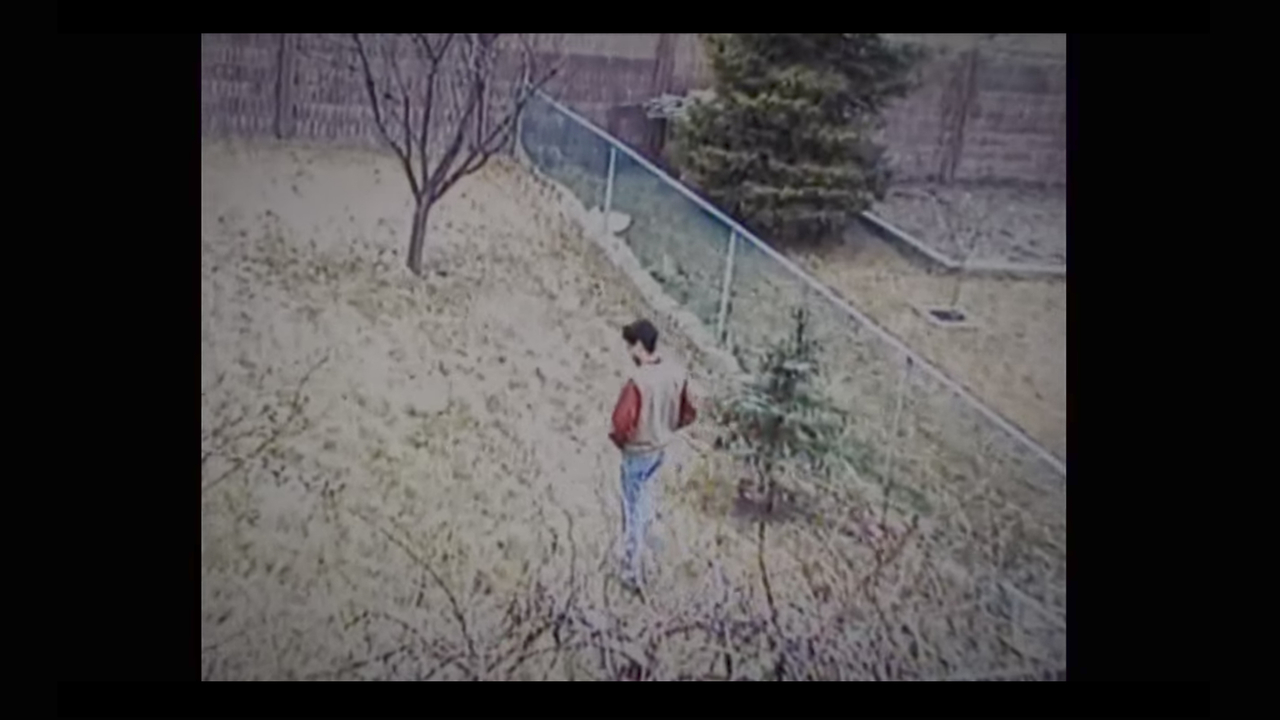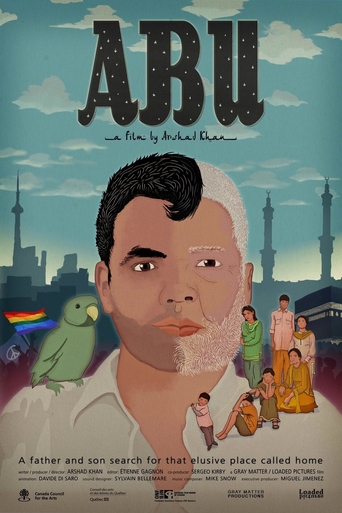sophieasselin
Yesterday, I watched Abu for the second time. At the theatre, I met a white gentleman, in his 50s or 60s, who was also watching the movie for the second time. He had discovered ABU at Fantasia in 2017 and had been hoping to watch it again ever since. He told me the movie really inspired and moved him. The gentleman and I agreed that the movie was even better the second time around and that we should watch it again a third time. If you haven't seen ABU yet, you should definitely go. It is a thought-provoking movie that undoubtly deserves to be called "one of the best documentaries of the year".
scottdance-35809
As a gay man myself, I was affected by this film on a grand multitude of levels. Abu is a sweet, comedic, emotional documentary about the life of Arshad Khan, a gay Pakistani Muslim. Abu defies all conventions of a documentary, by combining archive family footage, eye-catching animations and photos, which are all neatly strung together by the gentle voice of Arshad, you are taken on a journey from your seat. Essentially one is taken on an experience as stimulating visually as it is emotionally.Speaking of which, audience members experience every little emotion that Arshad endured throughout his life: sadness, anger, bitterness, resentment, happiness, joy, love, longing, which all terminate at the miracle of forgiveness. I was lucky to see this film, in the BFI, for a Q&A preview. One thing that really stung my heart, was that many South Asians who made up the audience said to him, how he had told their life stories and that they were all crying throughout the film.What made me appreciate this film so much, was that it shone a much-needed light over a small segment of the World's LGBTQ community. I learned that while all homosexuals have struggled, gay men from south Asian countries like India and Pakistan bear the brunt of emotional strain and heartbreak out of everyone in the LGBTQ, community, because they know that they're different, but just want someone to love and to be loved in return by that special someone, friends and family.Abu utilises the powers of empathy and culture and presents its magical narrative in such an inclusive way through the hand-held footage and intricate animations, that one cannot help but be drawn in and walk in his very own footsteps. As an ending point, the most powerful thing about this film is that anyone of any race, colour or creed will be affected by this film, because it's all about an outcast trying to find his place, both in his family home and the many worlds in which he walks.

